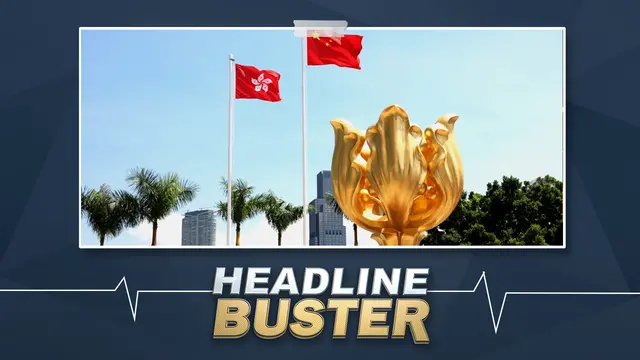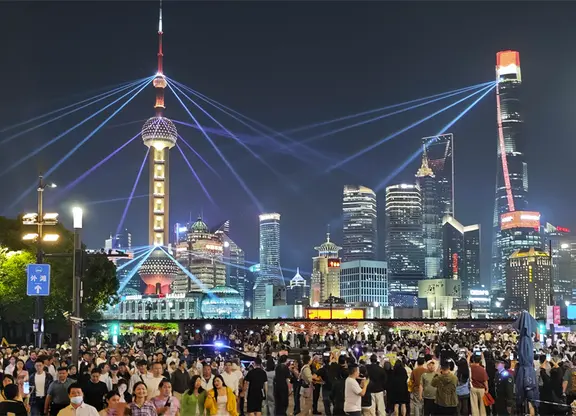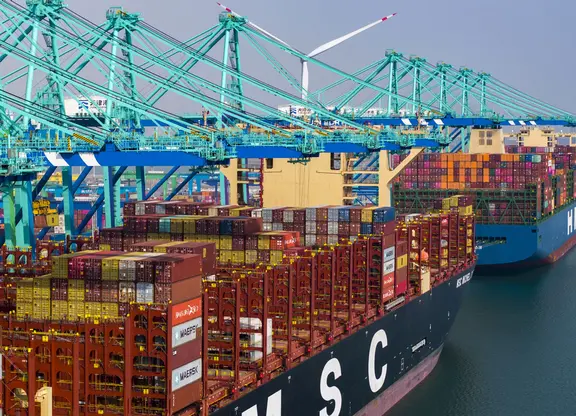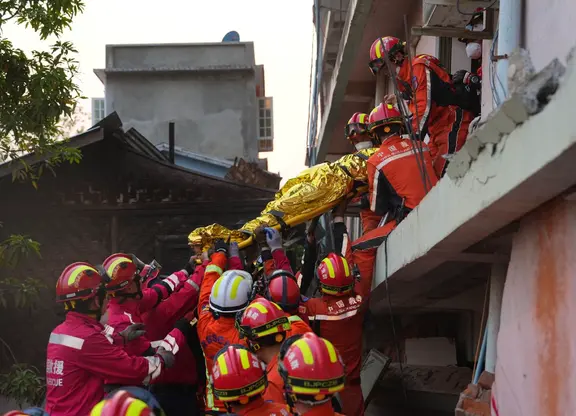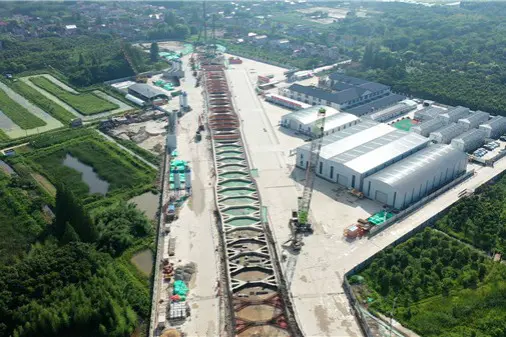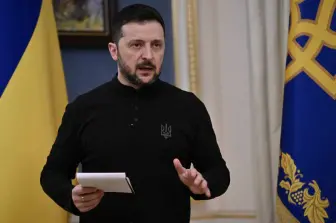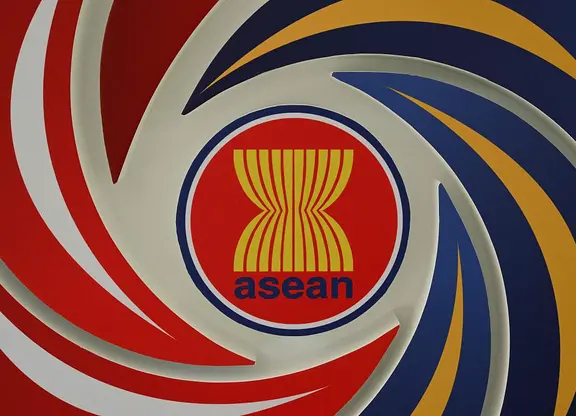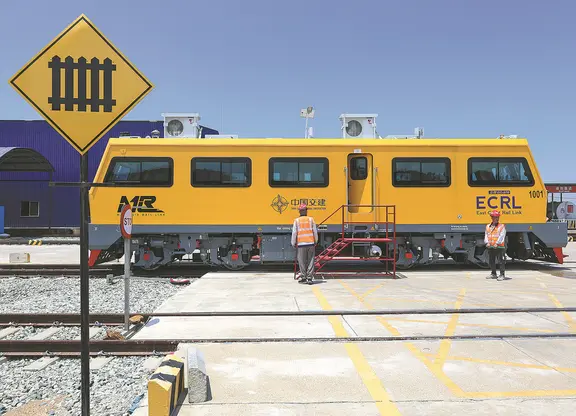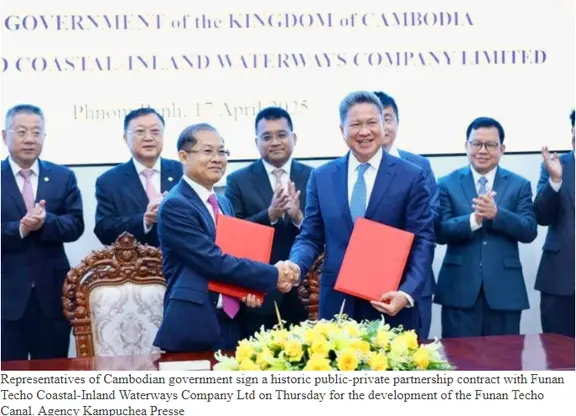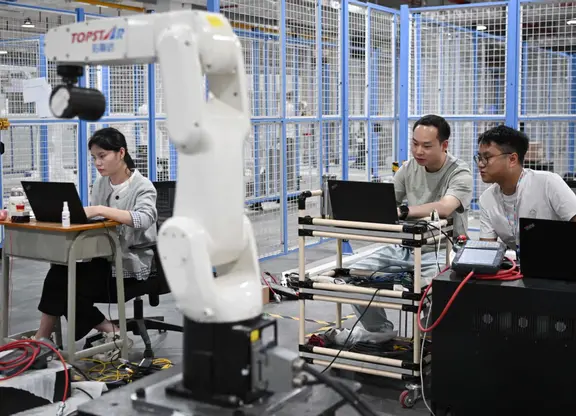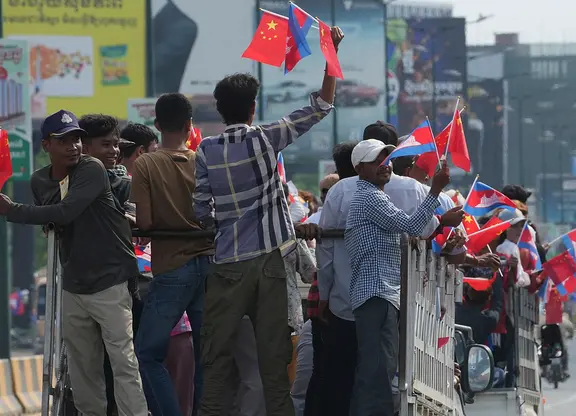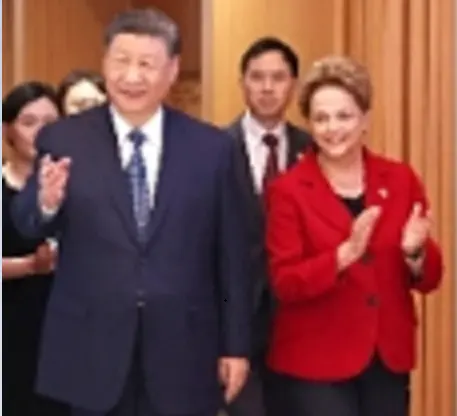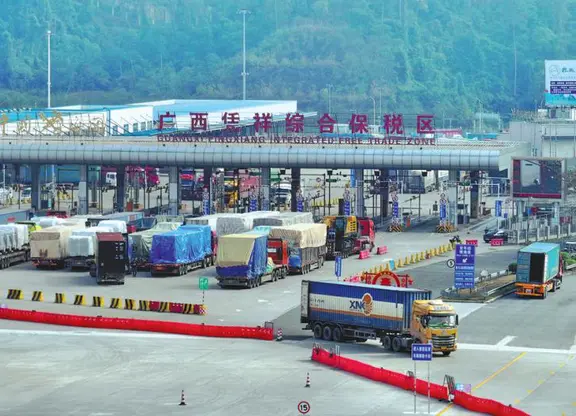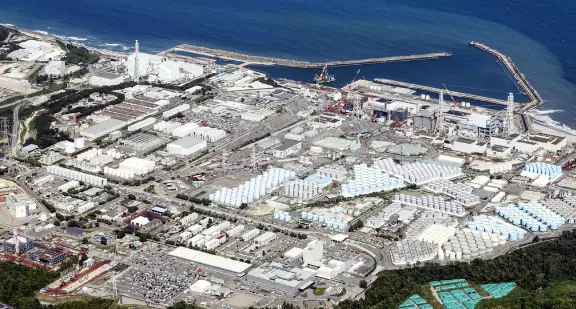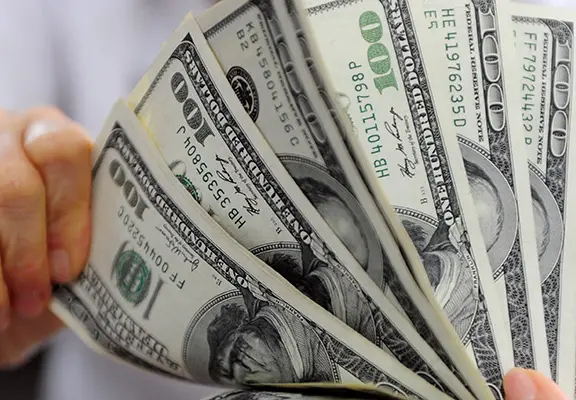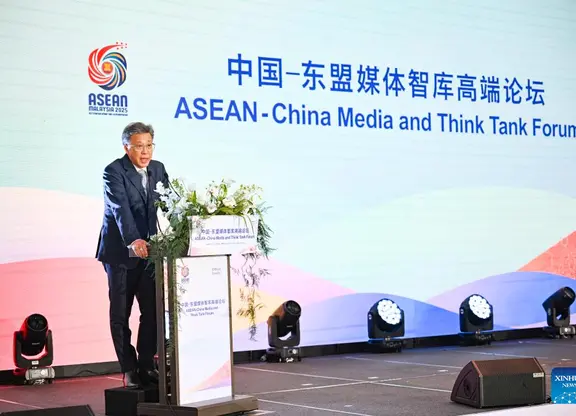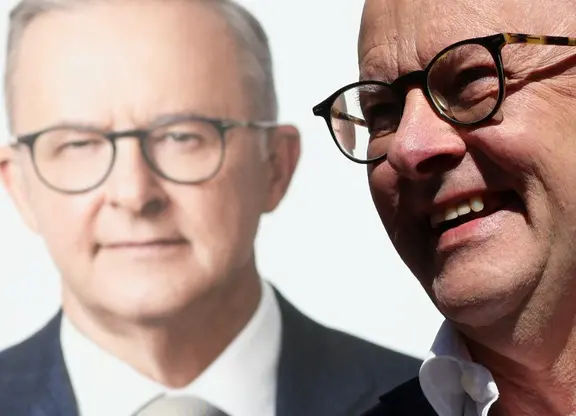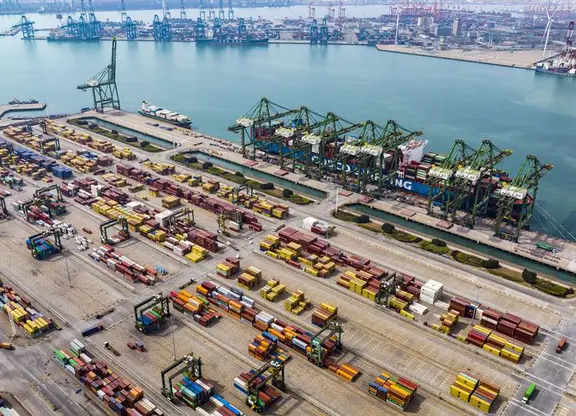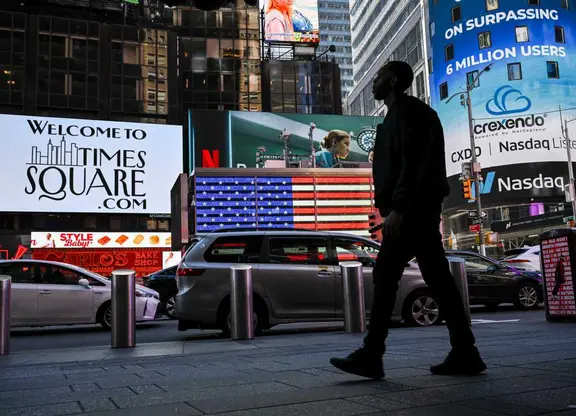12:16
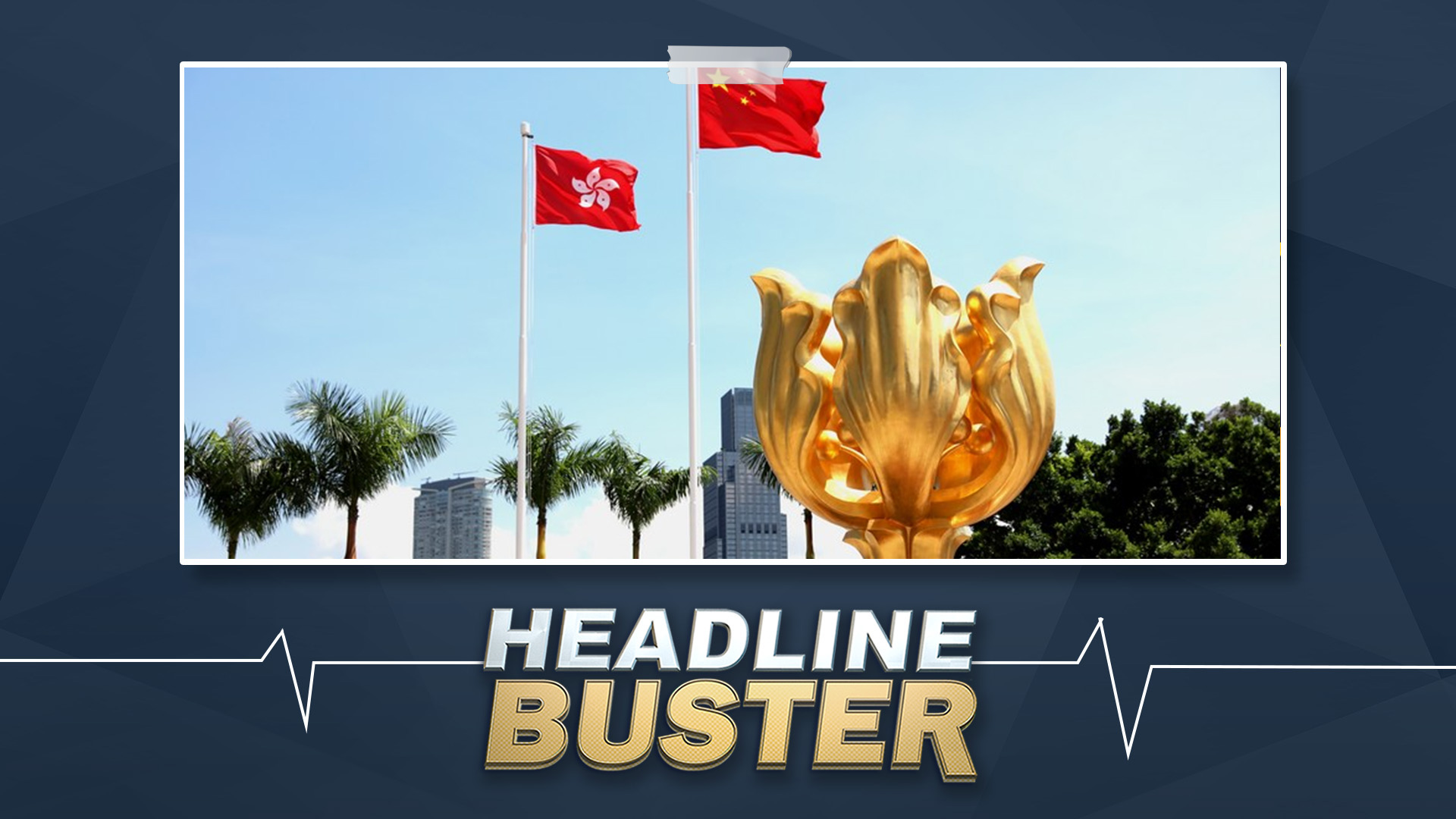
As Hong Kong battles its third wave of COVID-19, the city isn't taking any chances. On Wednesday, 62 new infections were confirmed, marking the 10th straight day double-digit increase to its total, after a 12-day run of triple-digit surges, for a total of 4,243 cases reported as of August 12. So far, over 60 people have died.
In the midst of the recent spike, the city has stepped up its efforts to fight the virus. The first batch of mainland professionals arrived in Hong Kong in early August. Five million people are expected to participate in a massive voluntary coronavirus testing program, and a 500-bed temporary hospital has been set up to treat COVID-19 patients with mild symptoms. Face masks, social distancing, quarantines, and the closure of non-essential businesses have all helped keep Hong Kong's number of cases low.
As part of this effort, the Hong Kong government decided to postpone the region's Legislative Council (LegCo) elections, initially scheduled for September 6, by a year. Given that Hong Kong has 4.4 million registered voters, asking so many people to vote was not a risk the government was willing to take at this time.
However, critics have accused the government of using the pandemic as an excuse to stop people from voting amid a politically sensitive time. Some want to know why the election has been postponed by a year rather than a few months. Others ask, how come people can still go to work and take public transportation but can't cast their vote?
In response to the pushback, Hong Kong's Chief Executive Carrie Lam said, "This postponement is entirely made based on public safety reasons, there were no political considerations."
But what are the media saying behind the election's delay? Politics or pandemic? Are they pushing one side of the story?
A recent
Guardian
headline from July 31 reads, "Concern as Hong Kong postpones elections for a year, citing COVID-19," adding, "The decision is 'an assault on fundamental freedoms', says Hong Kong Watch, as democracy deteriorates."
A critical opinion upfront sets the tone for the rest of the report. The first paragraph says, "TheHong Konggovernment has postponed its upcoming elections for one year, citing the growing coronavirus outbreak in the territory but sparking immediate accusations that the pandemic was being used as a pretext to suppress democracy."
The article does include Carrie Lam's take when she says the delay was the "hardest decision" she had made over the past seven months but had the "full support of the Chinese central government." But then it goes on to pack the piece with comments from people with the same opinion. It quotes the usual analysts from NGOs based in London and New York.
It even includes a quote from Chris Patten, the last British governor of Hong Kong, who says, "The national security law is being used to disenfranchise the majority of Hong Kong's citizens. It is obviously now illegal to believe in democracy." The irony is lost on nobody, given Lord Patten was never elected to his governor post by anybody, but rather appointed by the British monarch back when Hong Kong was one of the monarchy's colonies.
Perhaps it would be more convincing to include feedback from a public health expert, or from people who are actually from or live or vote in Hong Kong?
The
Washington Post
, on July 31, published the piece, "Hong Kong leader postpones elections, further eroding political freedoms." The headline doesn't even bother to mention the public health concerns linked to the delay. The rest of the article makes scant mention of the recent surge in new cases or the strict measures Hong Kong has been taking all along. The emphasis on politics over the virus seems to suggest the decision was made for political reasons alone.
The fight against the pandemic is global. In the interest of saving lives, some major international events and other elections have also been postponed in other parts of the world. It's not always easy or fun, but now is the time to put people's lives first, over any other issues. And it's the media's job to consider the various factors at play and to evaluate both sides of the issue in a fair way.
(If you want to contribute and have specific expertise, please contact us at [email protected].)
 简体中文
简体中文

